The effect of climate change on crops is one of the major concerns of Argentine viticulture, and agriculture in general, today.
Martina Galeano, the oenologist at Bodegas Casarena, has a Masters degree in Viticulture and Oenology from UC Davis (California) where she was able to carry out in-depth research into the effects of climate change.
In this conversation, the young professional shares her expert views on the impact on vineyards, what can be done to counteract them, the consequences for wine, and more.
Interview with Martina Galeano

What are the effects of climate change on the vineyards of Argentina, especially in Mendoza?
During the 2016 season, we started to see a significant impact from climate change. The main signs are extreme conditions. Some years we see heavy, frequent rainfall in the summer months, in others we might see extremely high temperatures for prolonged periods of time, as we saw in 2020 and throughout February this year, when we saw temperatures we’d never seen before. There have also been late frosts in October and early ones in March. All this affects the growth cycle of the vine.
Climate change exacerbates these extremes: droughts are more severe, maximum and minimum temperatures peak and trough and rainfall patterns are significantly altered.
What action can be taken to combat climate change and reduce the damage to the vineyards?
As producers, the most important thing is to start planning for regenerative agriculture. The health of the vineyards is key. This means adding organic material, using vineyards as a means of carbon storage and promoting biodiversity. We need to stop thinking of vines as a monoculture and see them as an ecosystem with a diverse range of plants and animals.
The most important factor in Mendoza is the efficient use of water, because over 50% of vineyards are irrigated by ditch or flood. That wastes a significant amount of water in the middle of a desert, where droughts are extreme. We need to ration everything, not just the irrigation in the fields: we need to think how to reduce water loss throughout the journey from the snowmelt to the crops. That means a lot of work on the infrastructure.
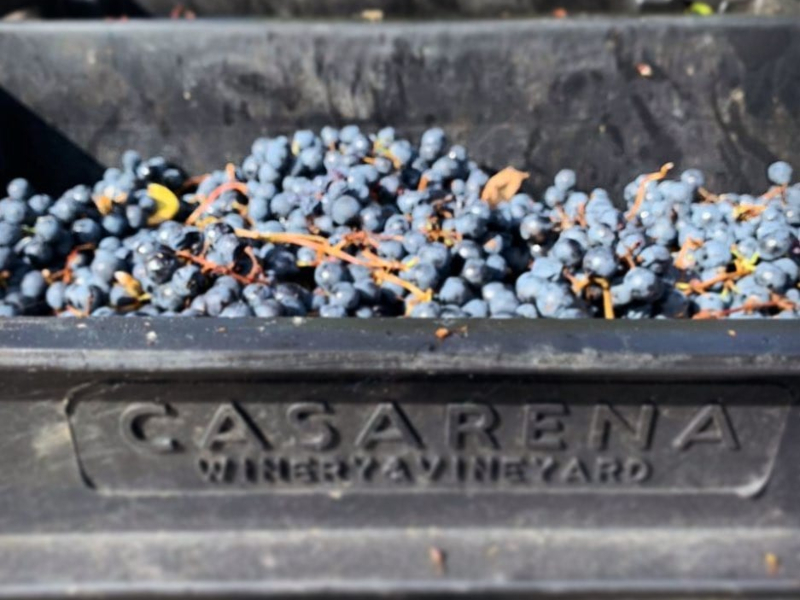
At a global level, what do you expect to happen in the medium and long terms?
Taking a more macro perspective, the last IPCC report at the end of 2022, predicts that average temperatures will rise between 1.5°C and 2°C between 2030 and 2050. That half a degree difference will depend on the actions that are taken on a global level and will be very significant in terms of its effects.
For example: if by 2030 maximum temperatures in summer have increased by 2°C and last for longer, then the atmosphere will absorb more water because there will be less water vapor. That means a reduction in the amount of water getting to the crops, meaning that we have to consume more water and thus that droughts are exacerbated.
How can we ensure that the increase is 1.5°C and not 2°C? Governments need to alter their environmental policies, reduce their use of fossil fuels, find alternative sources of energy for industry and make efficient use of natural resources. That requires cultural, social and economic change.
The long term will depend on what we do in the medium term. A pessimistic perspective would note that an increase in population represents greater demand for resources and higher emissions of carbon and other greenhouse gases. Agriculture is another significant factor in the allocation of resources, as is the population size. In the future, if we’re not more efficient, we might have to rethink and limit our use of resources.
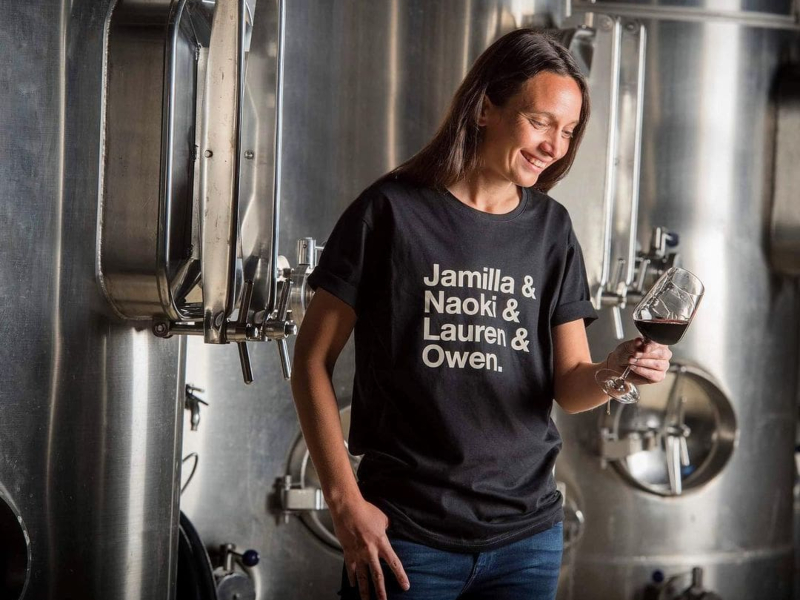
How might Argentine wines be affected by climate change?
I think it might be an opportunity for the growth of varieties better able to withstand extreme conditions. There are more than 5000 varieties of vitis vinifera but the global market is dominated by about 20 or 30. It will be a question of trying out new things and experimentation. It’s already happening in Argentina. For example, in Patagonia water is more widely available but there are other challenges.
Climate change has also seen us need to bring forward harvests, at least for the past two years. Climate change is going to see us talk more about different vintages, which we didn’t see so much in Mendoza because the years tended not to vary too much. But now they can be quite different.

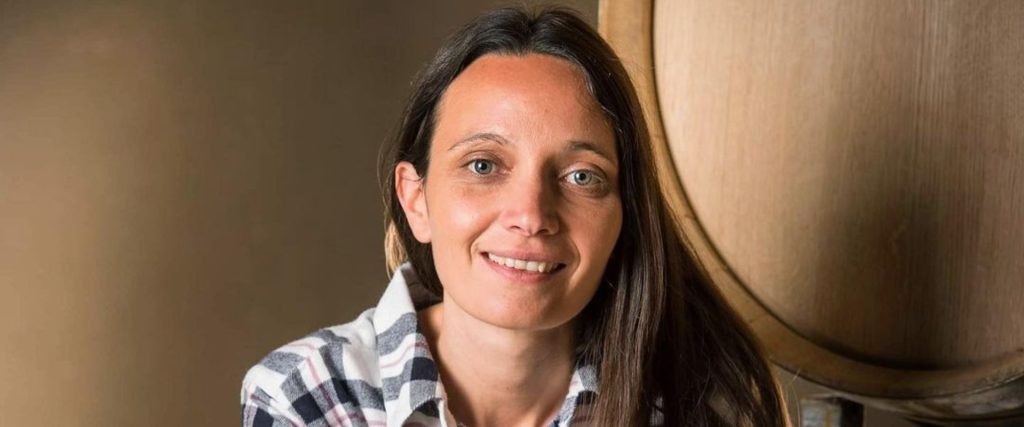
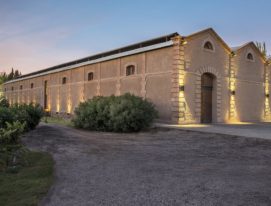
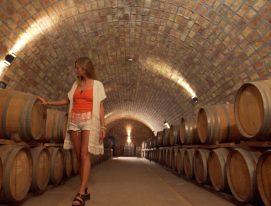
Pingback: Organic Viticulture In Argentina Continues To Outpace The Rest Of The Globe